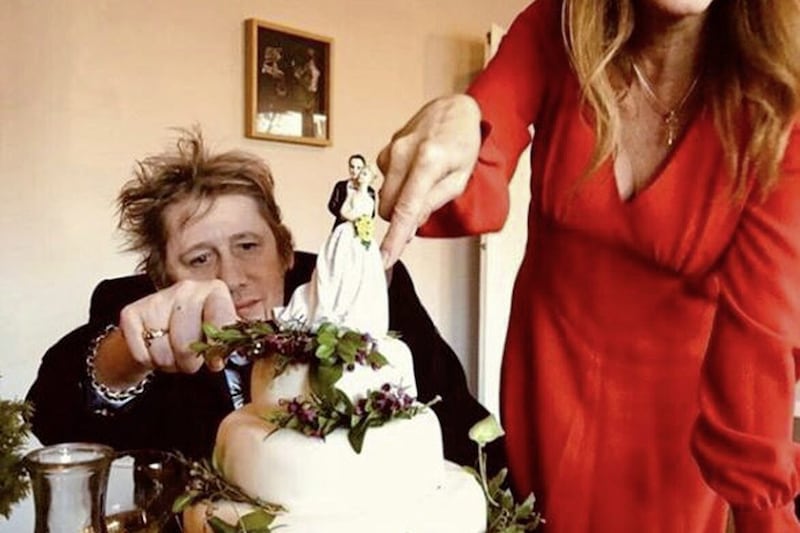The Turning: The Sisters Who Left Podcast
IN the 1980s, when I shared a student flat in Belfast, I met two young women who had gone to work with Mother Teresa’s nuns of the Missionaries of Charity in India.
“What was it like?” I asked, eager to get all the details of what it meant to do something so meaningful with the long university summer when I was pickling gherkins in Hamburg or picking strawberries in France.
They were surprisingly unforthcoming. They did not gush. It was, they said, extremely challenging.
People have very polarised views on Mother Teresa – the saint portrayed by Malcolm Muggeridge or the Hell’s Angel of Christopher Hitchens fame.
The Turning features interviews with nuns who left the Missionaries of Charity.
It opens with a former sister, Mary Johnson, talking about her plans to go. But, she said, the nuns always went out two by two, never alone.
“I wouldn’t have been able to go, you know, more than five or six paces, before somebody ran up to me and said ‘Where are you going?’”.
After 20 years as a sister, she did leave in 1997 through official channels.
But what emerged was the harshness of the life – an obsession with chastity that forbade any physical human contact and, said Johnson, Mother Teresa told them not to touch the babies they cared for more than necessary.
There was a process called “the discipline” which involved flogging themselves. They were allowed to visit their families once every 10 years.
Erika Lantz who hosts the podcast points out that she did not use the word “cult” but some of the former sisters did.
What Mother Teresa said was “Let’s do something beautiful for God,” and Johnson said that was the spirit of the work, but over the years, it got twisted.
One woman who joined the sisters, found herself at the age of 22 working with the sick in Papua New Guinea. She had no protection against malaria but when she approached Mother Teresa, she said that she did not bother with that.
The young woman did take the medication but it was too late and she became very ill.
Later she recalled a particularly troubling time when parents brought a very sick child to her.
But it was a day when the sisters did not normally take people in. He was so sick that she decided she could not refuse
However, her senior came and told her off for her disobedience, for breaking the rules, for playing God. She found herself demoted from her role. The boy was treated and survived.
These are stories told more in sorrow than in anger – the former sisters describe Mother Teresa’s vision and devotion to charity and prayer – but there was a price to be paid in suffering.










